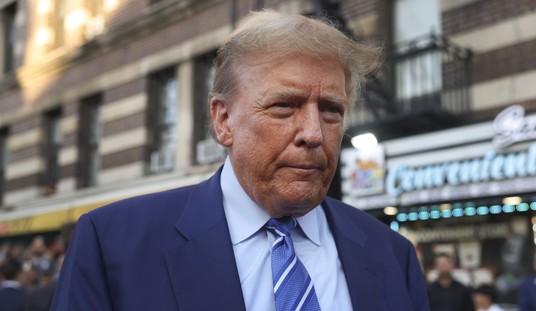The primary component of GOP presidential candidates’ health policy proposals is to repeal Obamacare. Once GOP frontrunner Trump released his plan, the Committee for a Responsible Federal Budget took notice and did an analysis of the likely fiscal effects from Trump’s plan. Presumably, these fiscal effects would also apply to the other Republican candidates who also support repealing Obamacare.
The Committee for a Responsible Federal Budget (CRFB) is a budget watchdog group that began 35 years ago. For the past few years it has been housed with the neo-Democratic think tank, New America. The two organizations parted ways over the former’s campaign to balance the federal budget partly by cutting social programs. The CRFB is truly a bipartisan organization, with both Democrats and Republicans as members, supporters and staffers. It is mostly known for its support of a “Grand Bargain,” encouraging Democrats to cut entitlements in return for Republicans ending some tax breaks and raising taxes.
The CRFB analysis argues that repealing Obamacare in general -- and Trump’s plan in particular -- would increase the federal deficit. Although the CRFB does some great work, its analysis is wrongheaded in this case. The group correctly claims repealing Obamacare’s coverage provisions (the subsidies for exchange coverage and Medicaid expansion) would save taxpayers’ significant amounts -- about $1.1 trillion over a decade. Its dynamic scoring model even suggests doing so would boost economic growth over a 10-year period by more than $200 billion. The primary reason why the budget watchdog believe repealing Obamacare will boost the debt is due to repealing the Obamacare taxes and repealing the Obamacare cuts to Medicare.
Recommended
First of all, taxes on health care raise the cost of health care. There are something like 19 different tax hikes enacted by the Affordable Care Act (ACA). There’s a tax on drugs, a tax on medical devices and taxes on insurance premiums. There’s a Cadillac Tax on high-cost health plans and a prohibition on using flexible spending accounts (FSAs) and health savings accounts (HSAs) to purchase over-the-counter drugs. There’s also a payroll tax on high-income individuals. By raising the cost of health care, consumers and taxpayers ultimately bear the higher cost.
In addition, these taxes were intended to offset the cost of Obamacare’s coverage provisions by clawing back some of the additional profit the medical industry presumably would earn from the expansion of health coverage. With Obamacare’s coverage provisions gone, there’s little excuse for these taxes to remain.
Finally, CFRB estimates repealing the ACA’s cuts to the Medicare program would save nearly $1 trillion ($880 billion) over 10 years. The problem with this estimate is: most of the cuts have not taken place and are not likely to, according to the Office of the Actuary for Medicare. Cutting Medicare in this manner would likely reduce access to care for seniors -- which is why most health policy analysts believe the cuts unlikely. Indeed, the Independent Payment Advisory Board, that was granted the power and responsibility to cut Medicare spending if expenditures breach a predetermined growth threshold, has not seated a single board member in the six years since the ACA was signed into law. Cuts to the Medicare Advantage (MA) program have been far smaller than the ACA called for mainly because MA plans are popular with low-to-moderate income seniors.
Conservatives have always believed the proponents’ estimates of the cost of Obamacare are disingenuous precisely because the cuts to Medicare are not likely to take place. Likewise, arguing that repealing Obamacare would add $880 billion to the deficit over the following 10 years (by repealing Medicare cuts that are never likely to take place) is equally disingenuous.
The CFRB estimates the Trump specific provisions -- purchasing insurance across state lines, making individual coverage tax deductible, importing prescription drugs and requiring transparency and boosting HSAs -- would cost taxpayers $70 billion over 10 years. This is primarily due to the cost of making individual coverage tax deductible.
It’s foolhardy to disagree with this assessment. Extending the tax exclusion to individual health insurance is something that many policy analysts worry will add to health care inflation and further erode the tax base. However, the tax exclusion for employer coverage (absent the Cadillac Tax) is open-ended. The employer tax exclusion causes people to purchase more insurance than they otherwise would purchase. When individuals purchase their own coverage directly, they tend to economize and select higher deductibles than are the norm in employer plans. This is even true of the self-employed who can deduct the cost of health coverage off their taxes. People with less generous coverage consume less health care.
If nothing else, repealing Obamacare with its costly coverage provisions -- including massive open-ended subsidies and abled-bodied adults added to Medicaid -- would be a symbolic gesture that the welfare state is being corralled. Furthermore, the cost of Obamacare’s coverage provisions will rise over time. A truly responsible federal budget should repeal the most recent entitlement added to the welfare state.
























Join the conversation as a VIP Member